Theme Festival - Nature Documentary
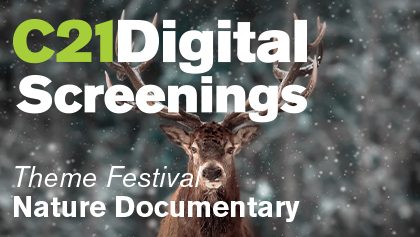
After a year of extreme weather and stark warnings about the global climate crisis, natural history filmmakers and broadcasters are trying to get the message across without alienating viewers.
In 2014, French weather presenter Évelyne Dhéliat put up a hypothetical map for her viewers showing the sort of extreme temperatures her country would face by 2050 thanks to global warming. It said France would face August temperatures in excess of 43ºC and this August, just eight years later – 28 years early – it came true.
It has already been a year of record floods in Australia and Pakistan, a killer heatwave in China and excoriating temperatures across Europe and California that have caused crop failure, drought and major rivers to dry up entirely. Increasingly, this is the day-to-day reality we’re living with in our cities. London baked in 44ºC of heat earlier this summer, with wildfires breaking out across the city.
Politically, however, there still seems little appetite to do anything serious about it – particularly with the war in Ukraine sending natural gas prices through the roof and Europe scurrying back to coal and anything else it can lay its hands on to heat homes and provide affordable heating and electricity this winter. It’s common for sceptics to downplay the whole thing, attack the ‘green lobby,’ deny there’s a problem at all and say that the Earth’s climate has always changed.
Natural history filmmakers have been on the frontline of this for generations, seeing the damage and changes first-hand, but until a decade ago woe betide them for actually mentioning it in their programmes.
Chadden Hunter, wildlife filmmaker and exec producer at Australia’s WildBear Entertainment, previously made big-budget David Attenborough series for the BBC. He says: “When we made the first Planet Earth a decade ago, conservation was called the ‘C word’ and you wouldn’t get one word of it in those big series. Now, across all the big broadcasters – Disney, Nat Geo, BBC, Netflix – not one of them would do a big natural history series without conservation, sustainability and climate woven into the fabric of their big offerings. That’s fantastic and refreshing.”
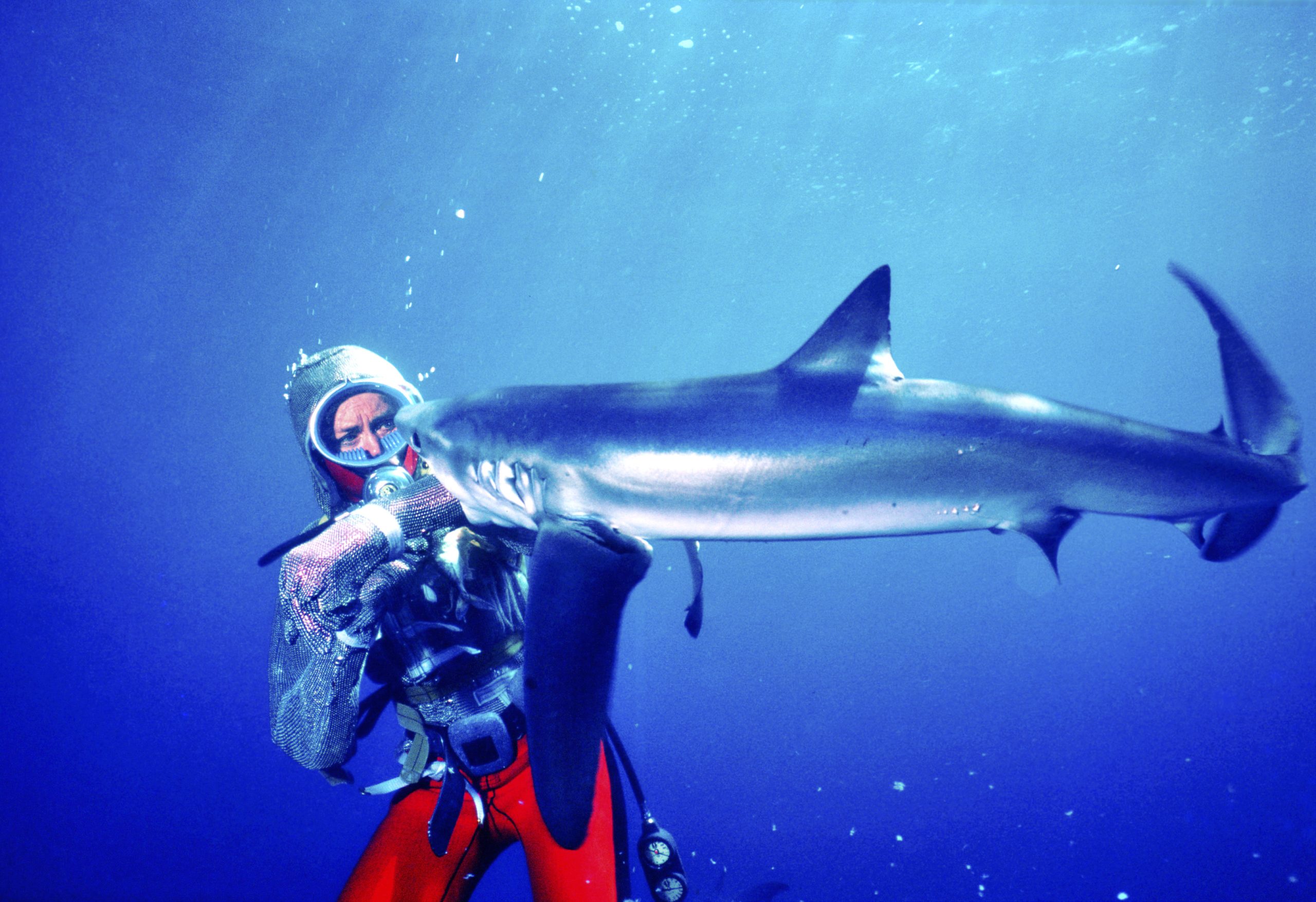
The challenge now is bringing this important message to a broad audience without alienating viewers or making television’s Sunday primetime staple genre feel like hectoring homework. For Hunter, it’s about borrowing storytelling devices from other genres, making it about a person or animal’s mission or struggle, to hook viewers in. WildBear was behind recent feature doc Playing with Sharks: The Valerie Taylor Story, for example.
“You do it with a little bit of nuance and stealth,” Hunter says. “We sometimes call it the Trojan Horse methodology. I would never start off pitching a film called The Climate Crisis or Deforestation because you’ve lost 75% of the viewers up front. What audiences and humans in general respond to is great storytelling – that’s the way in. You’ve got to have intrigue, hooks, suspense and uncertainties. There are a lot of devices that storytellers and writers have used for years, and that’s the way you get to a mass audience. The moment you make it ‘pointy’ and polemic you start off with a much smaller audience.
“We’re living in an era of conspiracy theories and an insanely wide selection of media of disrepute and fact-bending. It’s hard to compete with that. You could bang your head against a wall. We’ve all got friends and family members who may see it a different way. You can waste a lot of energy trying to convince somebody who’s holding on to a conspiracy theory or not wanting to listen to science. I would focus much more on the big players who make a difference, the governments and corporations. A lot more in our filmmaking, we’re working alongside them to enact decisions that save the planet. There will always be people out on the street you’re not going to convince one way or another but you’re going to waste a lot of breath trying to do that one by one.”
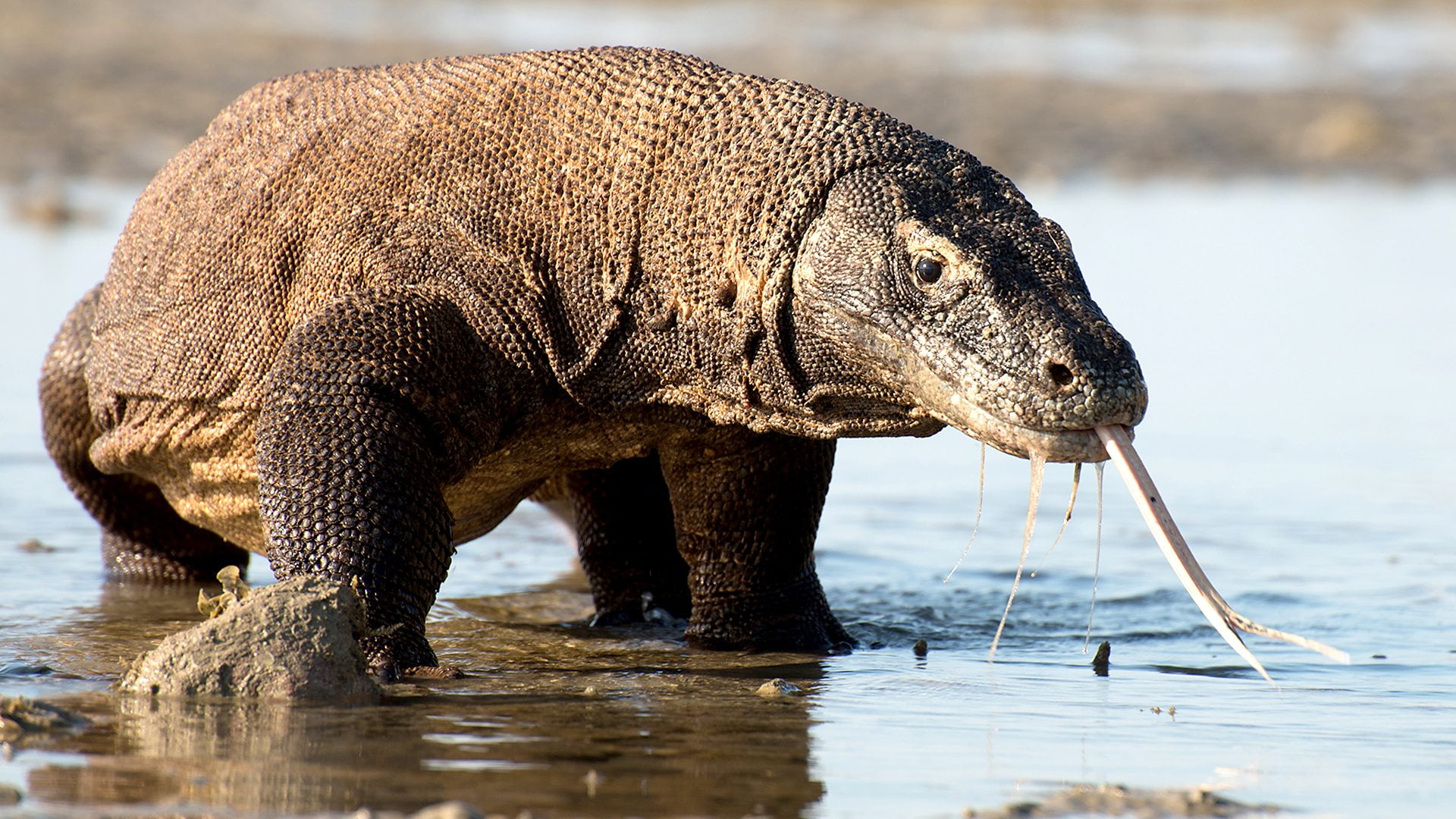
The points about using storytelling devices from other genres and targeting decision-makers who matter rather than trying to convert conspiracy theorists one by one are echoed by veteran filmmaker Keith Scholey.
He also worked on BBC series such as Planet Earth – the second season of which brought in one of the movie world’s most famous composers, Hans Zimmer, to do the score and lift the storytelling – before setting up Silverback Films, which is now backed by All3Media and working on Wild Isles, a new Attenborough series for BBC One.
“You have to say, ‘Come on everyone, look at the evidence outside your door, look at the news you see every day,’” Scholey says. “The predictions scientists made 20 years ago are more than coming true, and actually it’s happening faster. The problem is staring everybody in the face.
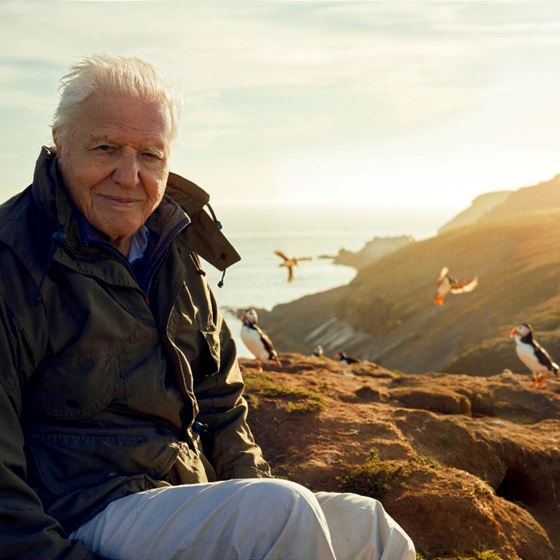
“At Cop26 [the United Nations Climate Change Conference], there were some crucial things changed which I think put the world on a different trajectory, but it was largely businesses getting it and changing. Business has changed beyond all recognition on climate change in the past 10 years. It’s a complete flip and you can’t underestimate how important that will be. Governments are now way behind business.
“Have we changed electorates so that they really push for politicians? No, I don’t think we have. Clearly there is a bigger job to do in communicating these facts. It boils down to what we tried to do with Our Planet – you have to reach a big audience, not preach to the converted, and then you’ve got to tell these stories in interesting ways. The crucial thing is you have to show a way out of this thing. If you don’t show that, then humans, by their nature, get very depressed. You can’t leave people in a place of hopelessness.”
Martha Holmes is chief creative officer for natural history at Plimsoll Productions, in which ITV Studios recently bought a majority stake, and is a former veteran of the BBC’s Natural History Unit. Plimsoll’s most recent series, Super/Natural for Disney+, is a deep dive into the extraordinary abilities of animals that we, as humans, cannot see, smell or hear.
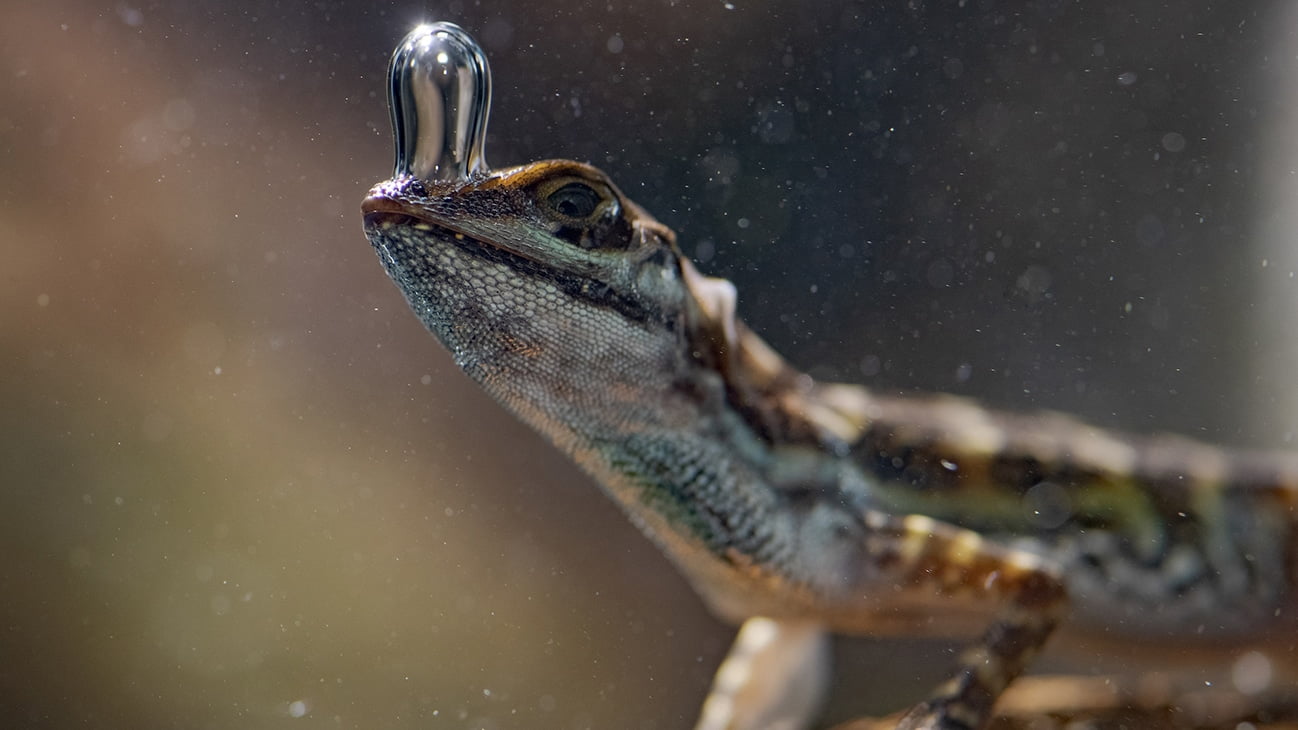
“Audiences continue to want to engage on an emotional level and be taken through a riveting story rather than be lectured, so finding a story arc that takes you across the series rather than just through a programme is increasingly important, particularly for the SVoDs. And young audiences, rightly, care enormously about the environment and our programmes cannot afford to ignore this issue,” Holmes says. “We need to keep innovating in our storytelling to make this vitally important issue palatable to audiences. The short answer is by engaging audiences through entertaining them and dealing with the subject in a compelling rather than didactic way.
“Covid-19 travel restrictions forced us to find in-country talent and we worked hard with up-and-coming producers and cinematographers. Those relationships are now secure and we are still working with people around the world who we didn’t even know about three years ago. It has been a fantastic moment for our industry and we will continue to work with local talent where we can.”
Carlyn Staudt, global general manager of Blue Ant Media’s Washington-based Love Nature channel, echoes the importance of optimism when trying to keep viewers engaged with the message. The network was behind conservation series Orangutan Jungle School, Evolution Earth, Malawi Wildlife Rescue and Planet Shark and has further series in the ‘saving the planet’ genre that Staudt is excited to present to viewers.
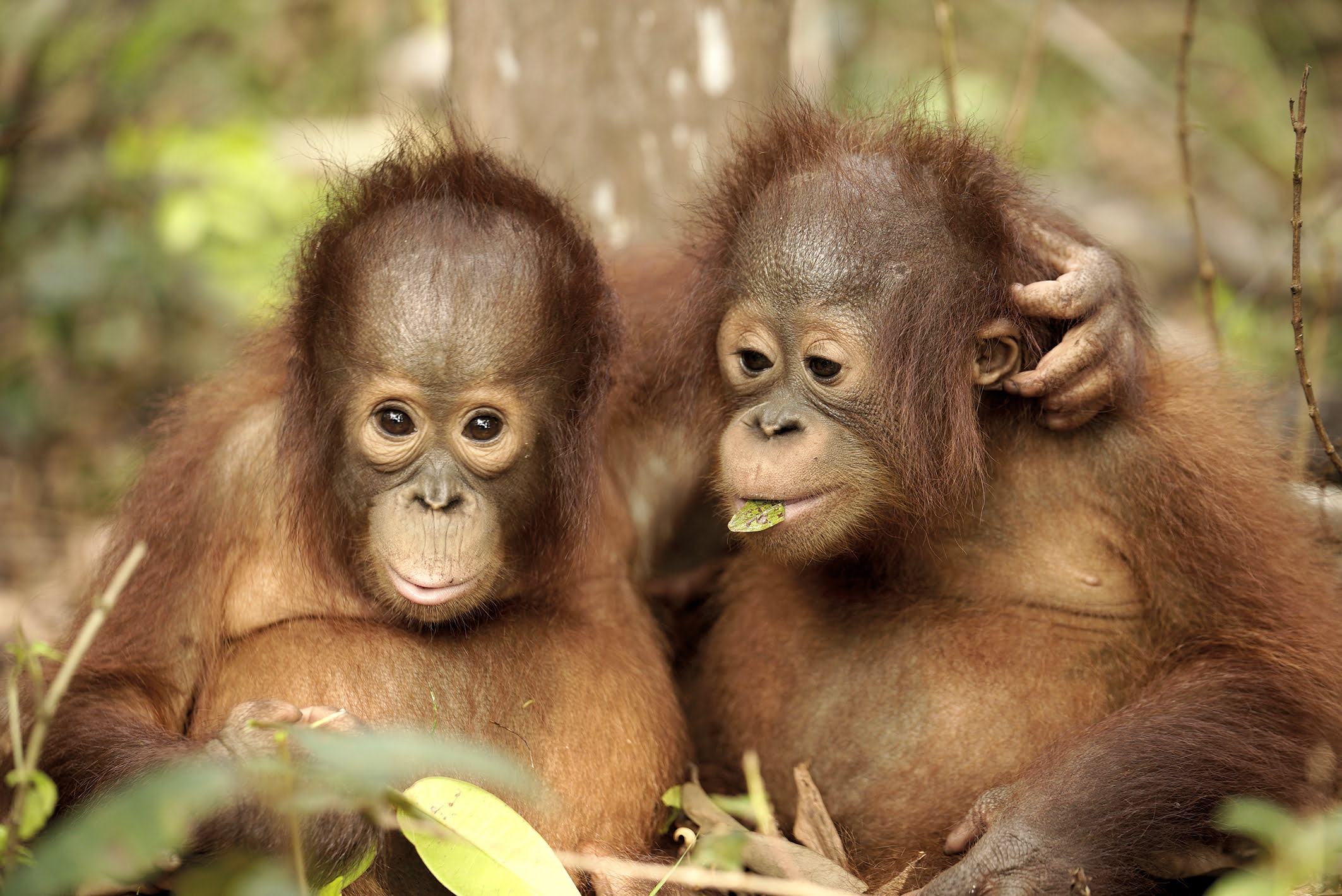
“It’s virtually impossible not to include a climate message in our programming. Everything in the natural world is responding to climate change,” she says. “We’re always trying to find ways to speak to younger audiences because the next generation is passionate about educating themselves on the topic and they want programmes that speak to them.
“There are three ways we’ve found success with broaching this topic. One is featuring stories of individual animals. Thinking and caring about a specific individual animal character makes thinking about stories of climate change much more personal, intimate and impactful. We did this with After The Wild Fires and we’ll do it with Evolution Earth, which we have coming up as well.
“The second is finding new storytelling devices. In Evolution Earth, we’ll explore a conversational podcast narration that invites the viewers into the discussion in a more poignant way.
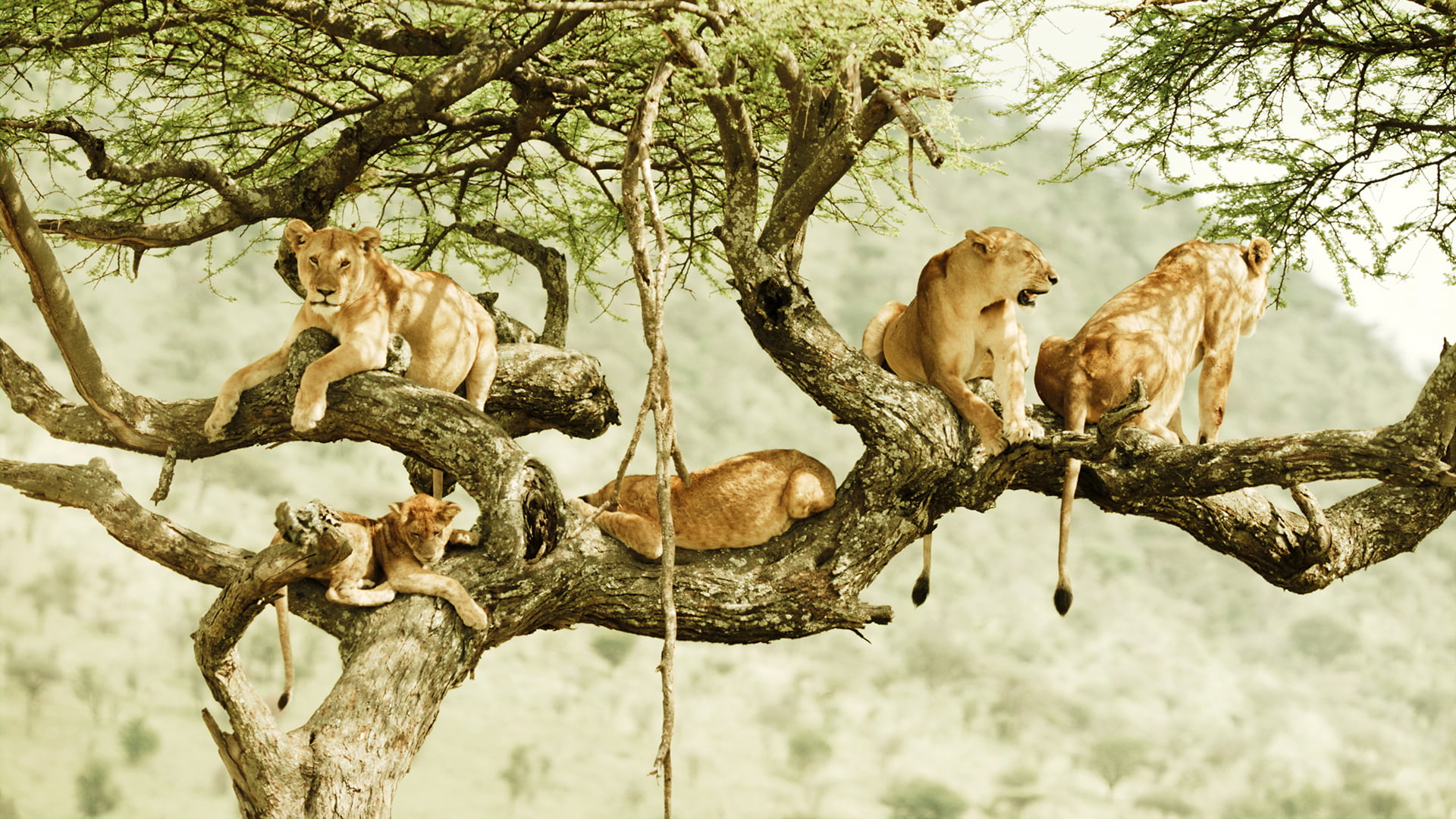
“Thirdly, we need to be constantly conveying hope and optimism into the topic. Evolution Earth will highlight nature’s ability to adapt, change and be resilient. After The Wildfires, which we did last year, showcased the frontline workers in the aftermath of the devastating fires in Australia, but it also showcased the growth that came after.”
That idea of using individual stories of animals and/or humans as a dramatic hook to hold the audience has rarely been better exemplified than in Oscar-winning doc My Octopus Teacher, which brought streamer The WaterBear Network and producer/distributor Off The Fence (OTF) to international attention. OTF is also collaborating with the Jane Goodall Institute on a second season of Rescued Chimpanzees of the Congo for ZDF Studios.
Andrew Zikking, MD of production at OTF, said: “There’s definitely a greater appetite for using wildlife slots to celebrate nature and highlight the impact of the climate crisis — and every other crisis facing the planet. While using A-list talent to bring these issues to a wider audience has been successful, in terms of impact, it’s the films that arrive from leftfield and deliver a conservation message within an incredible story that create the greatest ripple effect.
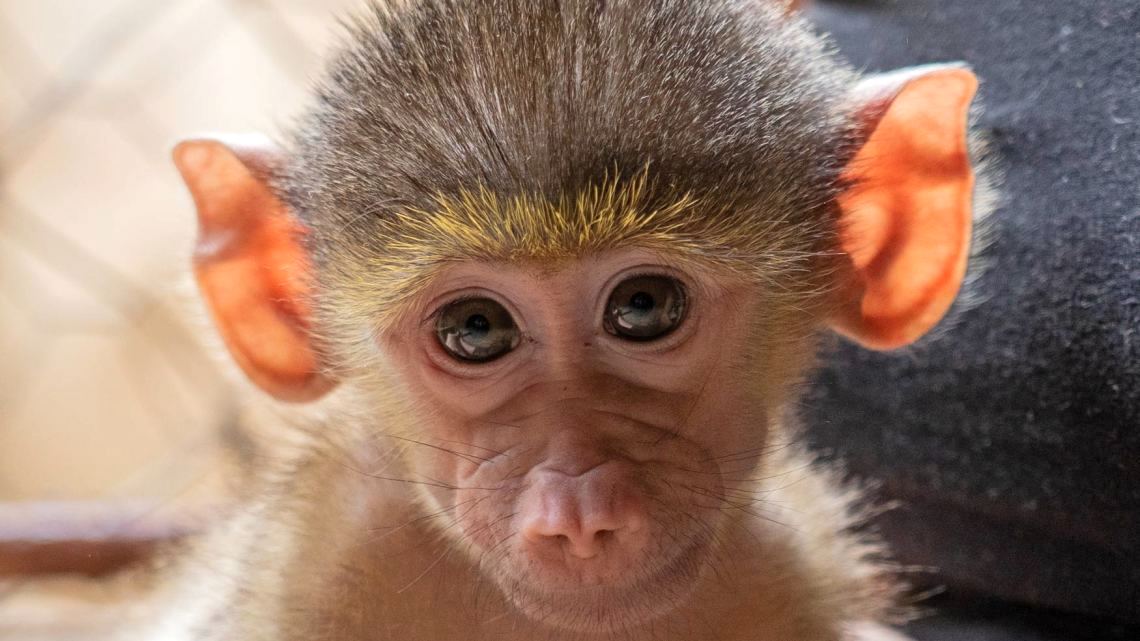
“A great example of that was My Octopus Teacher, which won us an Oscar in 2021. Another is The Letter, which we’re making in conjunction with YouTube Originals. The 90-minute documentary looks at Pope Francis’s second encyclical, in which he calls for the people of the world to take “swift and unified action” against global warming. With extraordinary access to Pope Francis – who has done more to fight the climate emergency than any other leader on the planet – the film tells the stories of people from around the globe whose everyday lives have already been impacted by global warming. It’s not only a wake-up call but a humbling reminder of our responsibility to come together in solidarity for the greater good of one another and our planet.”
Doug Mackay-Hope is senior VP of development and production at Bristol-based natural history producer Wildstar Films. It works on a host of series for Disney+/Nat Geo including Queens, The Epic Adventures of Bertie Gregory, America’s National Parks, Sentient with Darren Aronofsky’s Protozoa Pictures and America The Beautiful.
He describes selling to a broad audience as a challenge but does see hope and change. “This is a tough one – because there is not a single person that I have met in our industry who doesn’t care about this more than anything. It’s present in everything we do and see,” Mackay-Hope says.
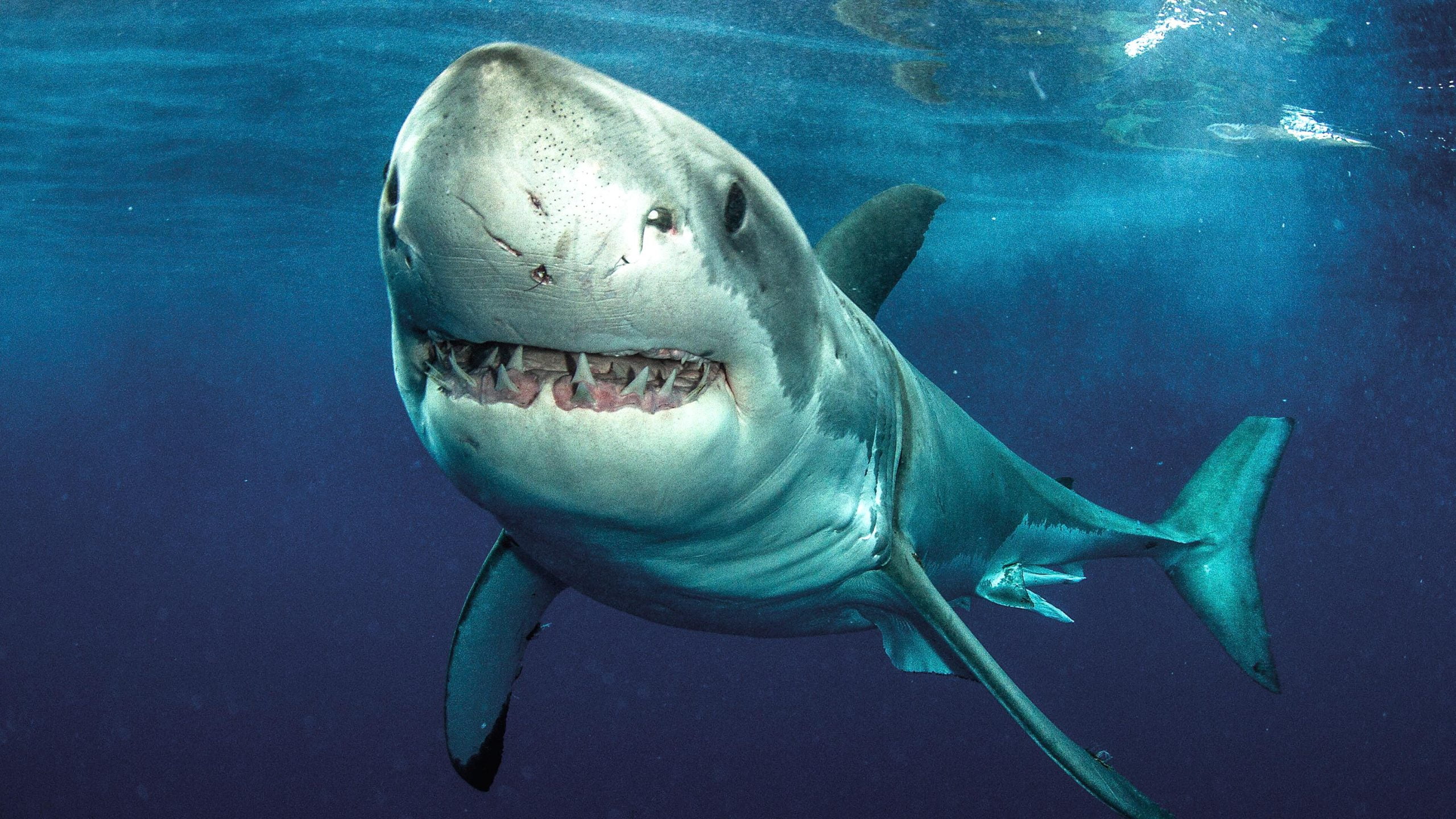
“The trouble is, natural history is often watched as an escape, a way for our audiences to run away mentally, to see amazing places and witness incredible behaviours and stories. Historically, that is what our audiences have always wanted, but as filmmakers we all know how fragile the reality is. I do think it has changed though. Gone are the days when we would just address these issues at the end of the show, almost as an embarrassed afterthought. It is now much more often at the centre of the storytelling and our commissioners support and appreciate this. But we can always do more.”
Paul Wooding, MD of the Bristol-based Woodcut West arm of UK indie Woodcut Media, has a yet-to-be-announced observational doc in development, working with teams that are trying to save endangered wildlife from infections brought to some islands by pets.
“There is so much more engaging content that smuggles important messages and communicates a bigger picture of the natural world,” he says. “Dramatic storytelling must be at the forefront and the impact of climate change affects all species. As global warming continues to affect the planet’s entire eco-system, with it will emerge a new era of dramatic storylines that can carry important messages.
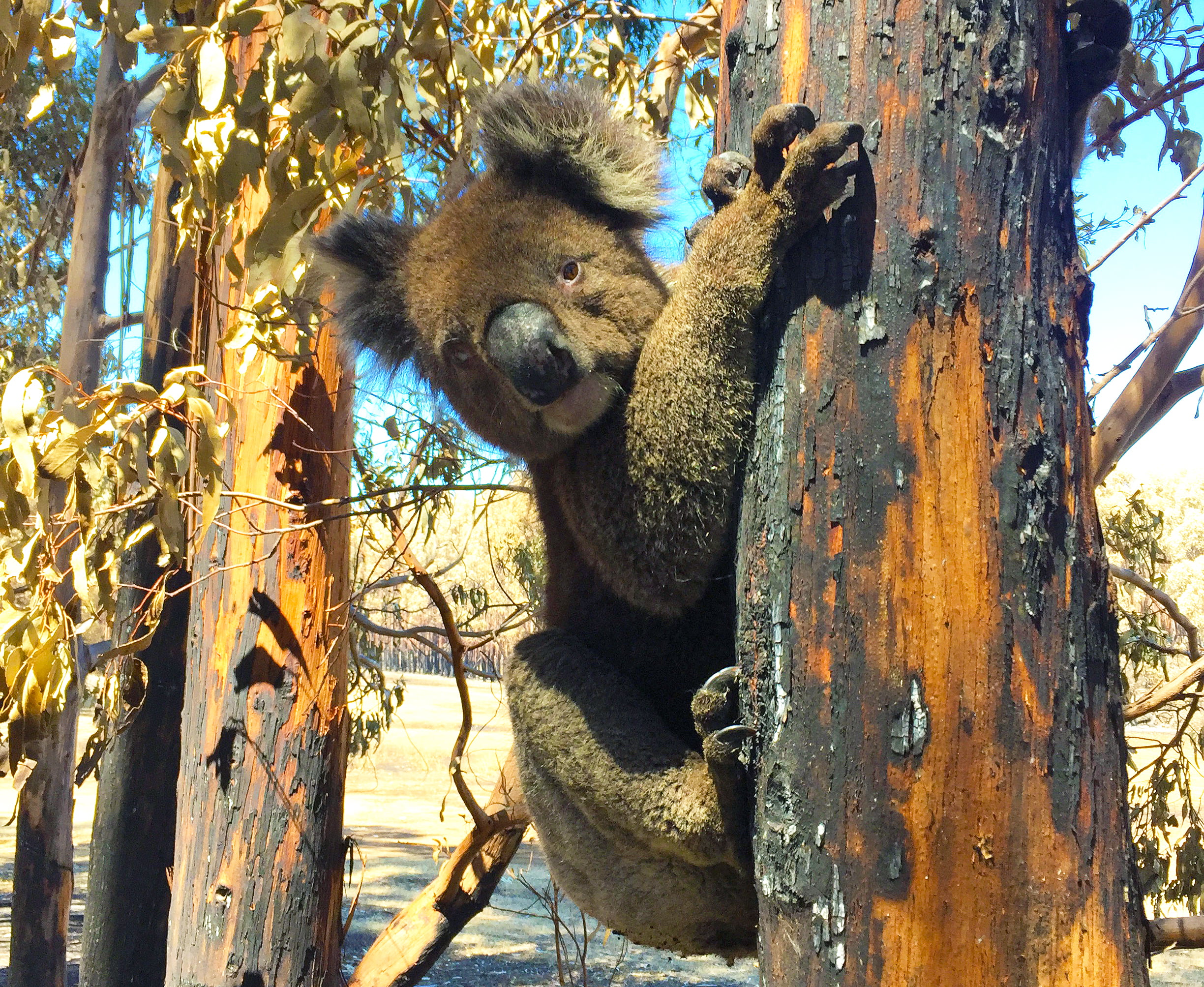
“New, accessible technology enables more programme makers to access wildlife around the world and helps filmmakers capture material remotely – reducing the burden that natural history programme makers put on the planet we care so much about.”
While the UK city of Bristol remains the natural history filmmaking capital of the world, where a whole host of firms have grown up around the BBC Natural History Unit, the influx of streamers into the genre has made it attractive for people building prodcos all over the world. In the US, co-founders Ari Mark and Phil Lott have made natural history a key part of their Ample Entertainment business and are currently working on Kangaroo Valley for Netflix.
“When we launched the first US-based natural history division two years ago, we identified three areas that felt worthy of a fresh take: big budget blue-chip big swing, often with A-list auspices; lower budget ongoing series, often talent-led with a twist and commercial hook; and pro-social conservation-minded content for a broad audience,” says Mark.
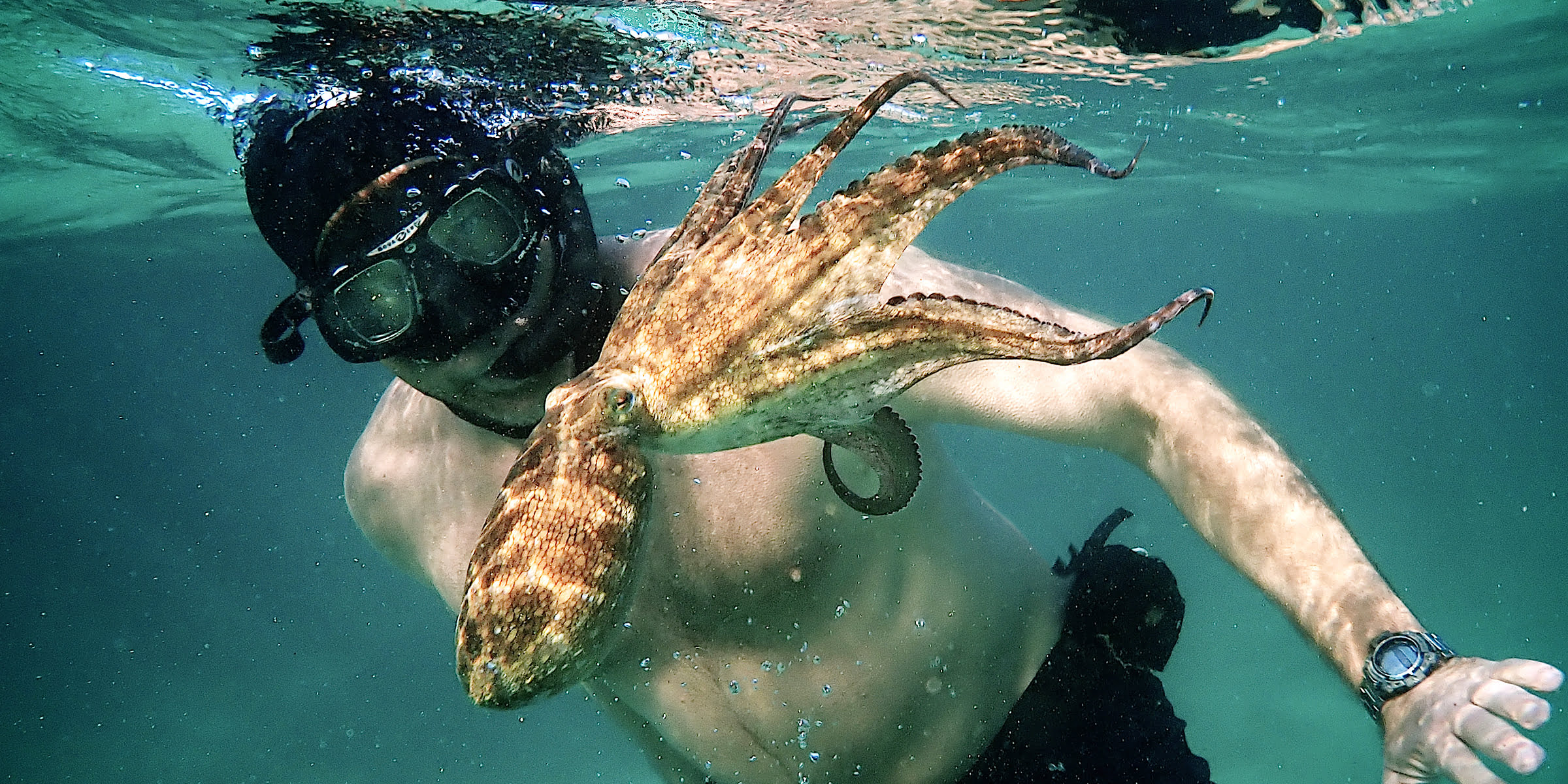
“I heard a BBC radio spoof trailer recently for David Attenborough’s supposedly forthcoming series I Told You So, but short of that actually becoming real, I think we’ll all have to continue to work hard to find ways to organically weave it through all our series, but in ways that are actionable and forward-thinking,” says Lott. “For a while natural history shows cut to the stock shot of a tail-pipe and a mum behind the wheel of a family car, underscored with doom music – but at some point I think the audience are going to feel victimised and powerless. After all, they’re watching our shows to take a break from the horrors on the news and on their social media feeds. So I think we’re going to continue to see a far greater emphasis on highlighting the latest technology, thinking and practice that promise practical, positive changes in how we live,” Mark adds.
On the distribution side of the business, Hana Palmer is head of sales at London-based Abacus Media Rights, which is currently shopping Life In Colour With David Attenborough and another 6×60’ series titled Evolve which looks at the emerging world of biomimicry and whether the unique adaptations of the animal world can help us find solutions to some of our biggest problems.
Palmer echoes the importance of showing the viewers a way out of the situation, rather than weighing them down. “People are looking for more positivity. And future-looking content, optimistic ideas and solutions as opposed to just doom and gloom stories,” she says. “It’s a really shocking and pressing issue but viewers want to find answers and understand how they can help themselves. It’s about empowering people to work together to solve these issues. Younger audiences are particularly focused on this as the climate crisis will have a more serious effect on them – they have to be part of the solution.”
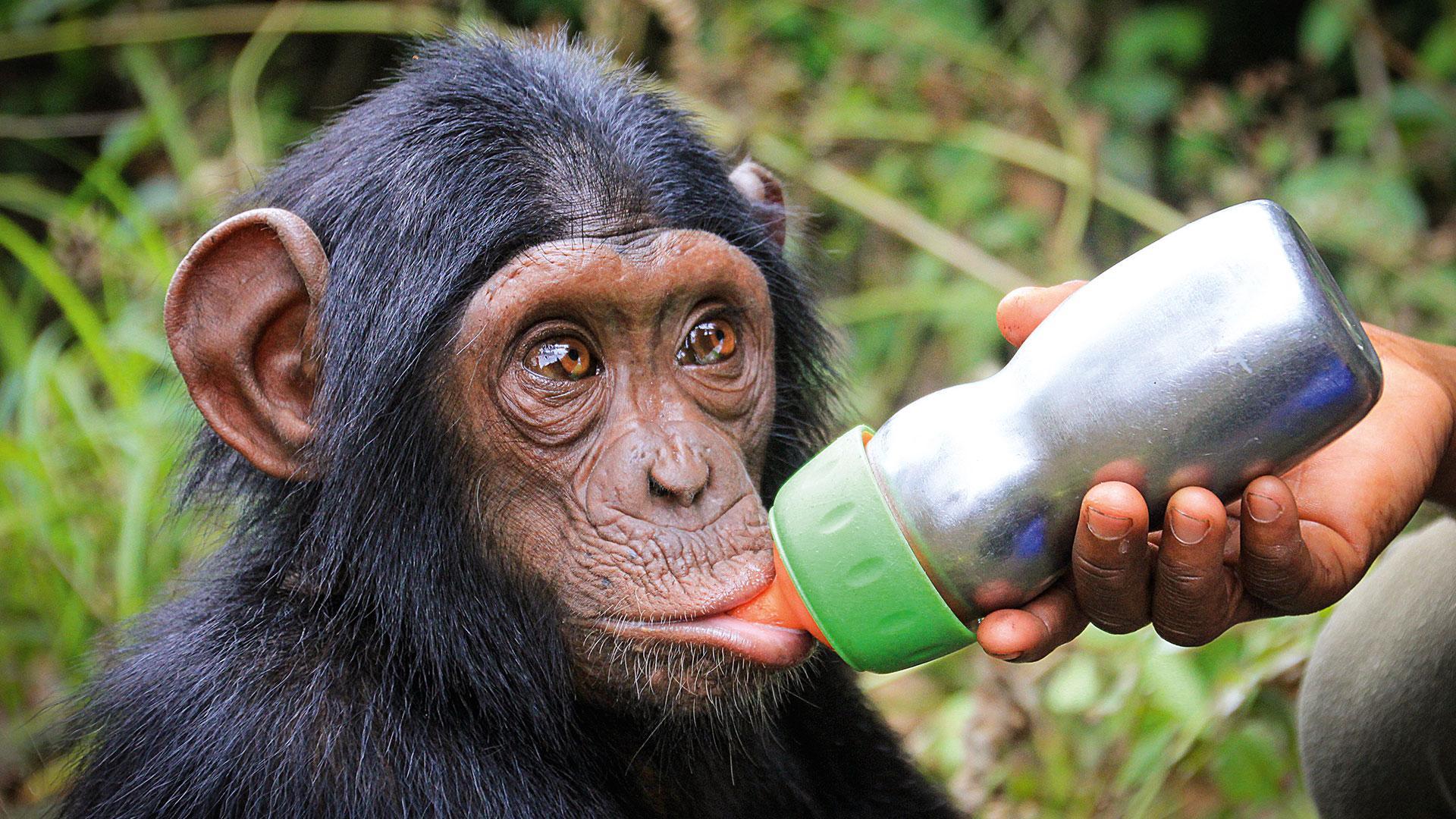
If it’s frustrating for you hearing climate change denial in mainstream politics and media, imagine the frustration of people who have worked reporting the natural world for their whole careers. They are filming environments changing, disintegrating and dying before their eyes, in real time.
Keith Scholey has filmed more than most, and some of what he has witnessed has left him dejected. “I’m especially passionate about the oceans which are being completely wrecked, largely by industrial fishing,” he says. “People talk about plastic but the big thing that’s wrecking it is industrial fishing, and it could be fixed overnight. It’s legislation. I despair because it’s the biggest carbon sump in the world – if you just stop bottom-trawling the ocean, that accounts for all the emissions of aviation. It’s on that scale. Everybody worried about air miles and flying in a plane, just stop bottom-trawling. Look how much money it makes – nothing, as most of it is subsidised.
“The bit that makes me mad is the inconsistency. We’re in war and at present we’re arming the enemy and destroying our defences. You won’t win a war that way. Starve the enemy and build defences is how you win. That’s where I despair. Look at the whole thing logically – it’s so straightforward and not particularly painful.”